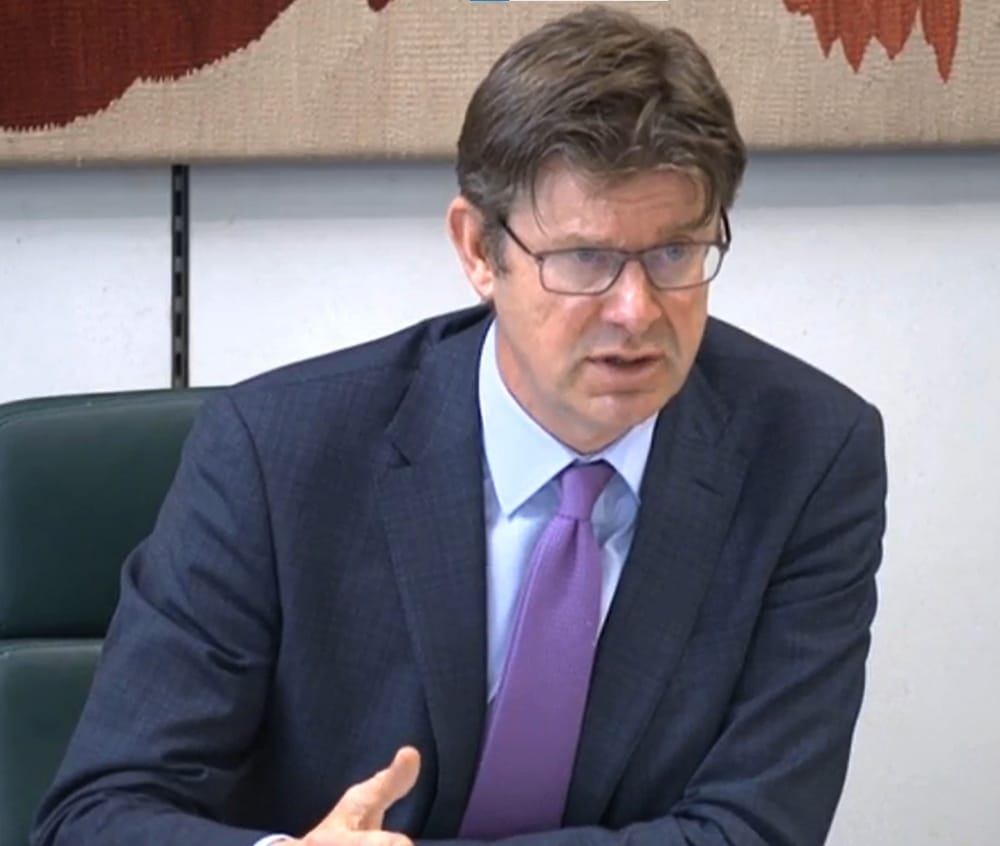Mr Clark is chair of the House of Commons Science and Technology Committee, which along with the Health and Social Care Committee, headed by former health minister Jeremy Hunt, published a study yesterday [Tuesday] saying that ministers waited too long to push through lockdown measures in early 2020.
MPs from the committees said the UK’s pandemic planning was too ‘narrowly and inflexibly based on a flu model’ that failed to learn the lessons from Sars, Mers and Ebola.
The report brands the government handling of the Covid crisis, particularly the slow lockdown, ranked as ‘one of the most important public health failures the United Kingdom has ever experienced’ and led to more deaths than was necessary.
Once Covid-19 emerged in China, MPs said UK policy was to take a ‘gradual and incremental approach’ to interventions such as social distancing, isolation and lockdowns.
In their study, they said this was ‘a deliberate policy’ proposed by scientists and adopted by UK governments, which has now been shown to be ‘wrong’ and led to a higher death toll.
The MPs said the ‘decisions on lockdowns and social distancing during the early weeks of the pandemic – and the advice that led to them – rank as one of the most important public health failures the United Kingdom has ever experienced’.
On the issue of whether the Government was pursuing a policy of herd immunity, which has proved controversial, MPs said that while it was not an official Government strategy, there was a policy approach of fatalism about the prospects for Covid in the community’.
MPs concluded it was ‘astonishing’ it took so long for Sage to say a full lockdown was needed and for the Government to implement one, adding they thought the evidence showed a lockdown was ‘inevitable’.
In other criticisms in the 151-page report, MPs said the UK also implemented ‘light-touch border controls’ only on countries with high Covid rates, even though 33 per cent of cases during the first wave were introduced from Spain and 29 per cent from France.
Mr Clark told the Times: “Our test and trace system took too long to get going and did not have the foresight, organisation, and energy of the vaccine programme.
“As a result, for much of 2020 we had shortages and delays in testing, which meant that we lacked information on how the virus was spreading, and people with infections – but without symptoms – were unwittingly spreading this deadly disease wherever they went.”








